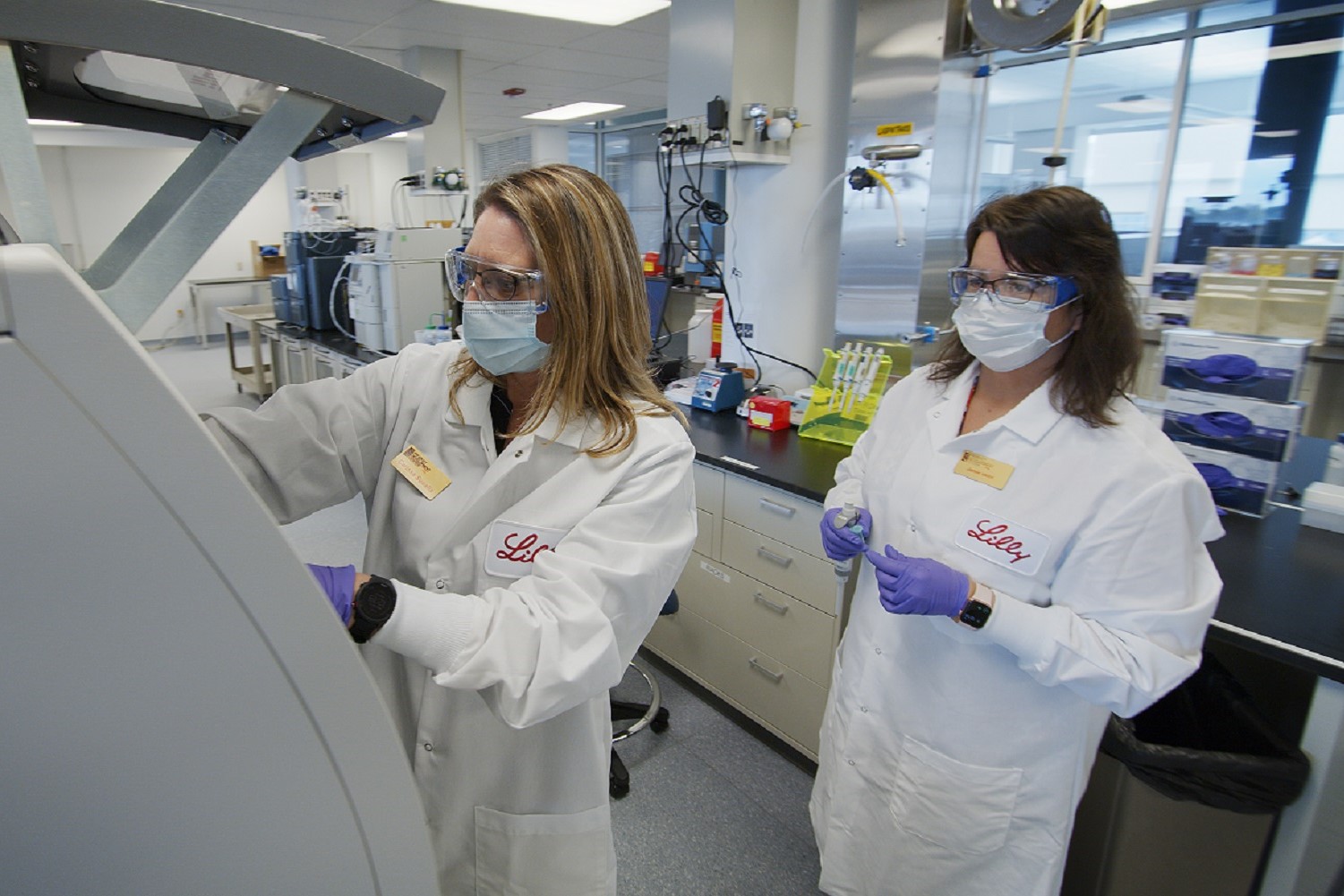Genes can still be patented in Australia, thanks to a recent ruling by the country’s federal court.
The court determined last year that companies can patent human genes – particularly Myriad Genetics’ patent on breast cancer-associated gene BRA1 – and on Sept. 5 shot down an appeal that said such a ruling limits genetic testing options for Australian cancer patients.
It essentially shot down an appeal against last year’s judgment that companies can patent isolated human genes. Nature elaborates:

With the Rise of AI, What IP Disputes in Healthcare Are Likely to Emerge?
Munck Wilson Mandala Partner Greg Howison shared his perspective on some of the legal ramifications around AI, IP, connected devices and the data they generate, in response to emailed questions.
The Australian case began in 2010, and was brought by breast cancer survivor Yvonne D’Arcy and a patient advocacy group, Cancer Voices Australia. But a federal judge dismissed the case on 15 February 2013, arguing that the patent’s reference to isolated DNA was enough to establish that it claimed a “manner of manufacture”, rendering the patent valid under Australian patent law. D’Arcy appealed, culminating in a second dismissal yesterday.
Utah-based Myriad Genetics‘ patent on the BRCA1 gene was invalidated by the U.S. Supreme Court last year, but it still holds strong in Australia.
However, looks like the fight isn’t over – patient advocacy groups like Cancer Council Australia are calling for legislative change to protect healthcare consumers from gene monopolies.
“The ruling puts Australia out of step with the US, where the Supreme Court invalidated the Myriad patents,” Director of Advocacy Paul Grogan said in a statement. “If the difference is in the way Australian patent law is interpreted, then there is a strong case to change the law.
“The patents system should reward innovation and help deliver affordable healthcare, not stymie research and increase costs by allowing commercial entities to control the use of human genetic materials.”














